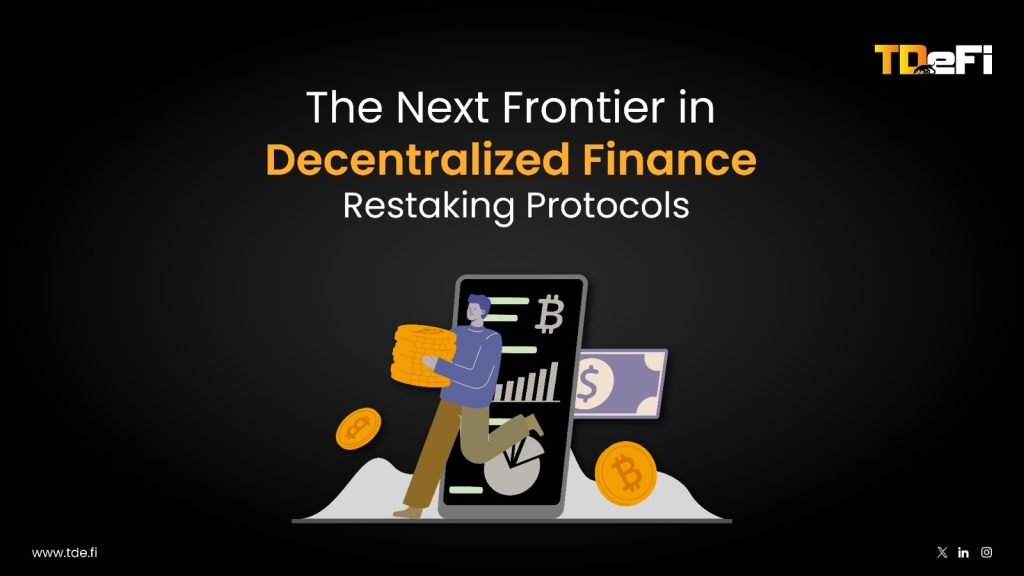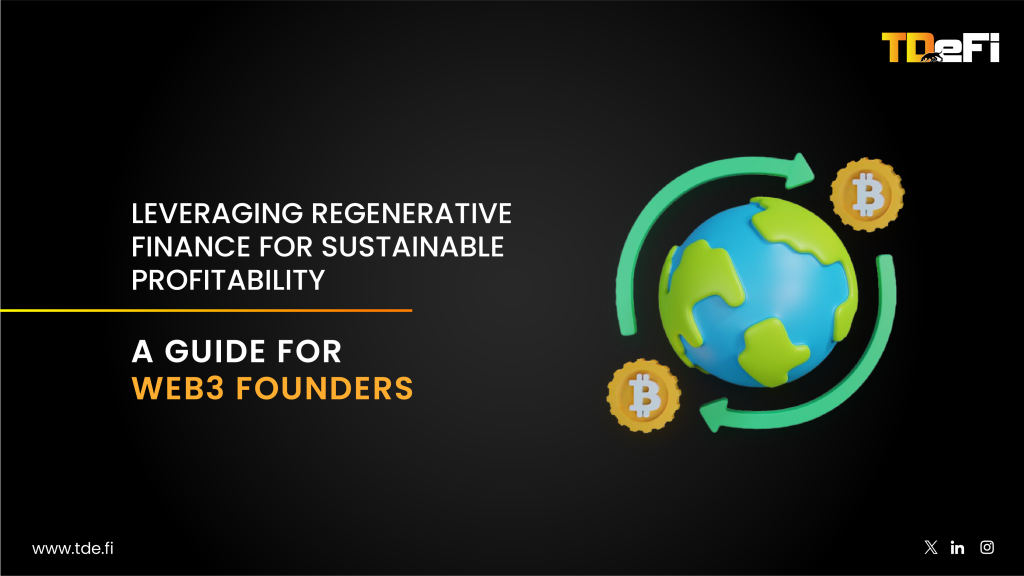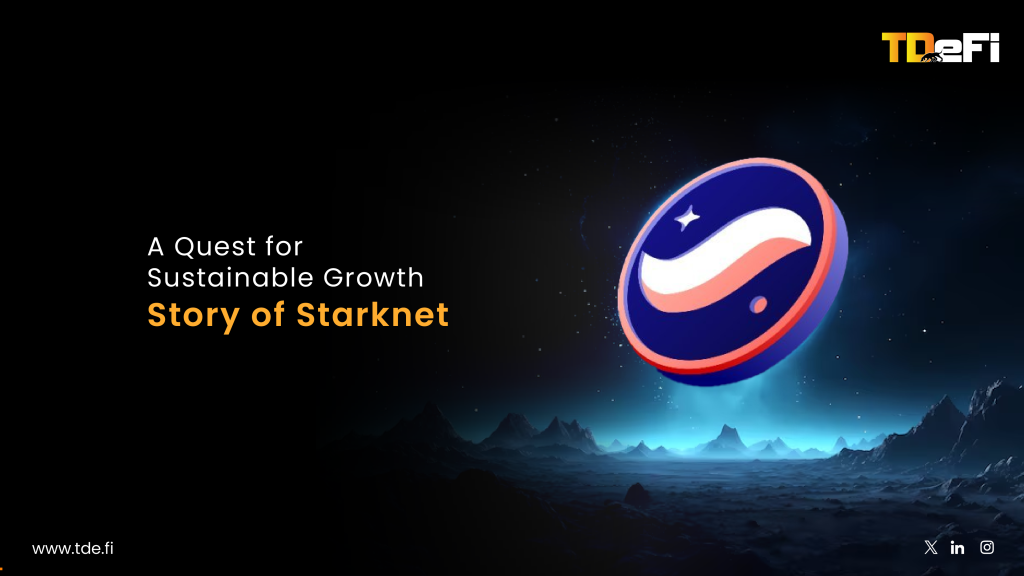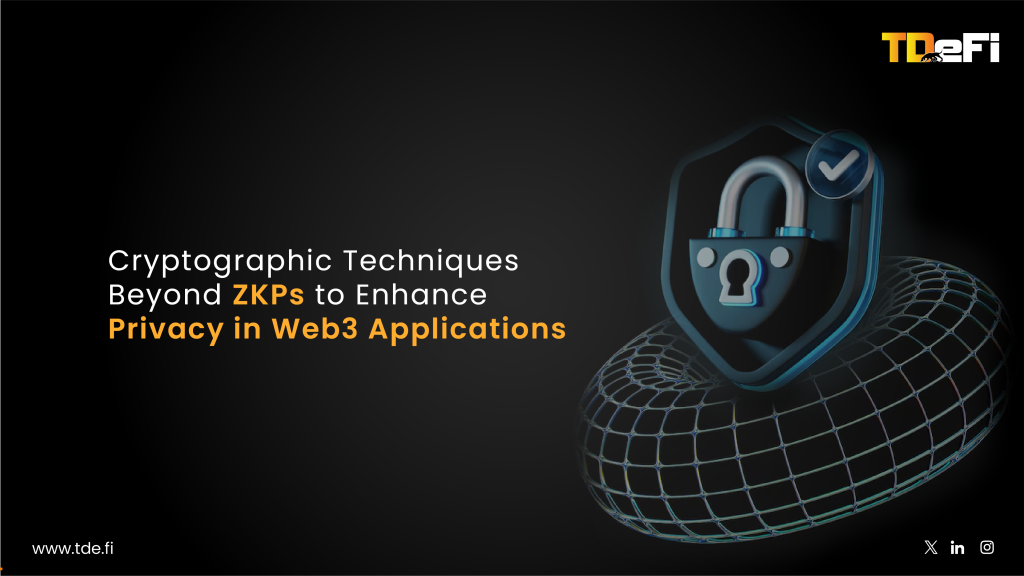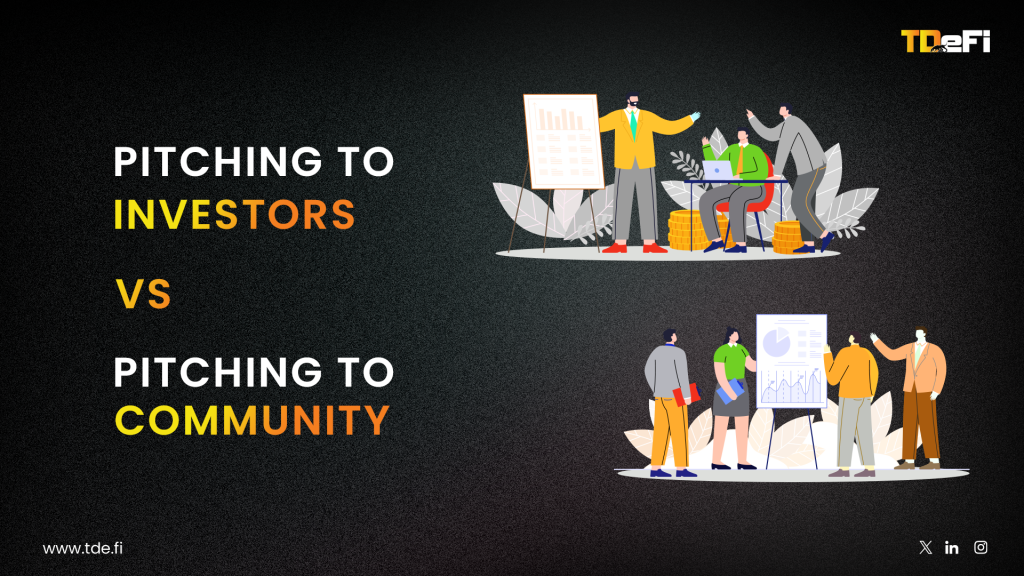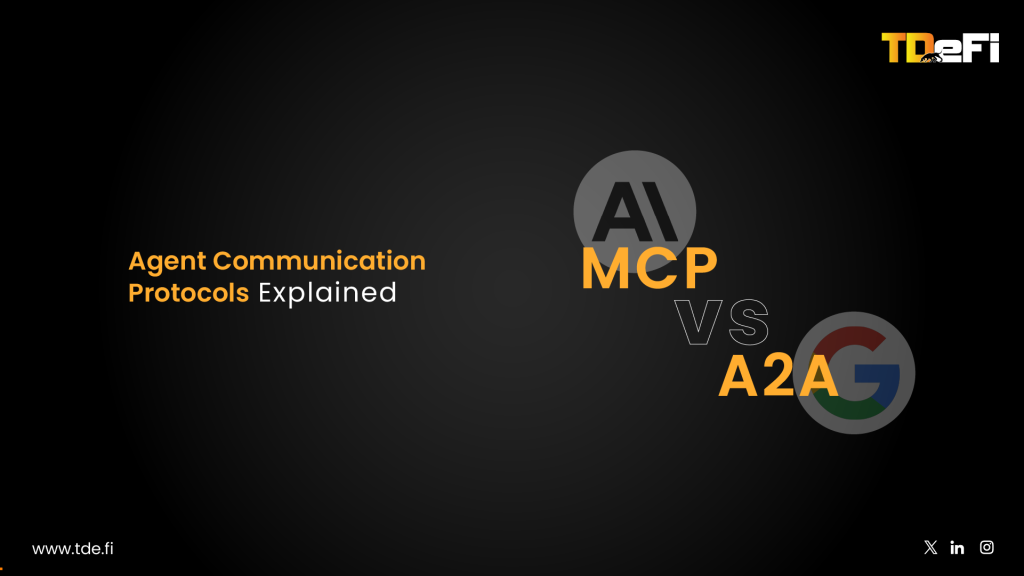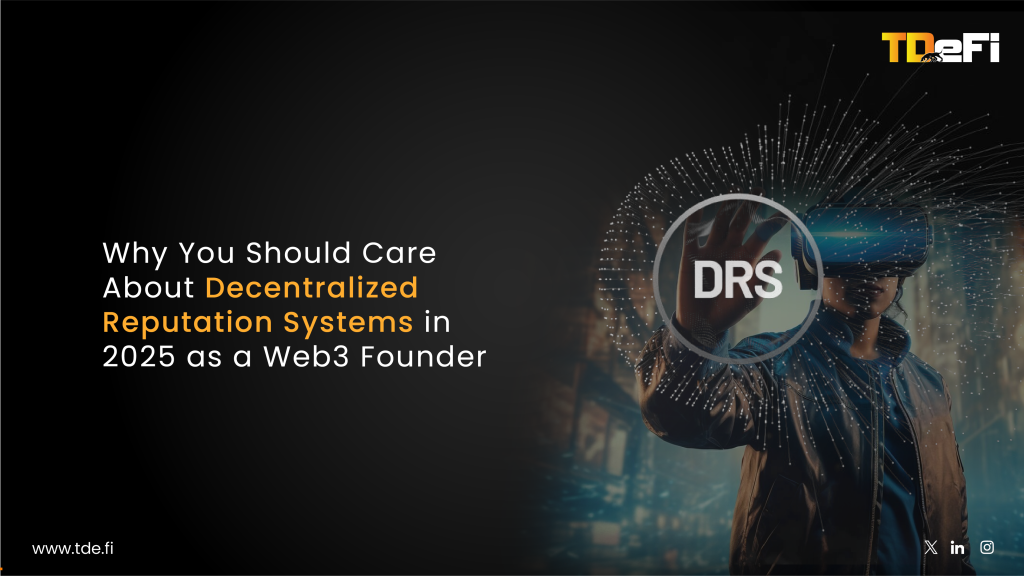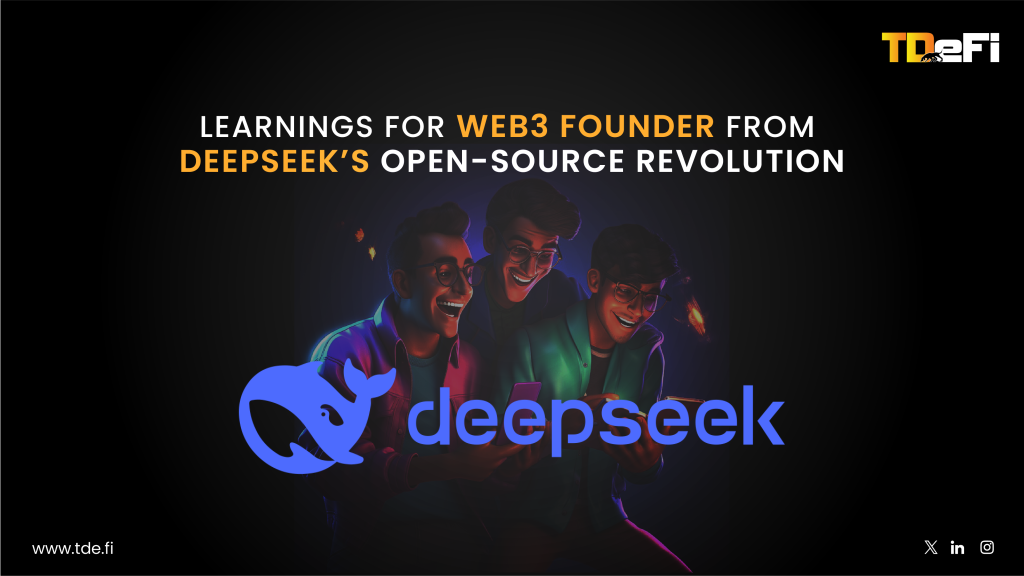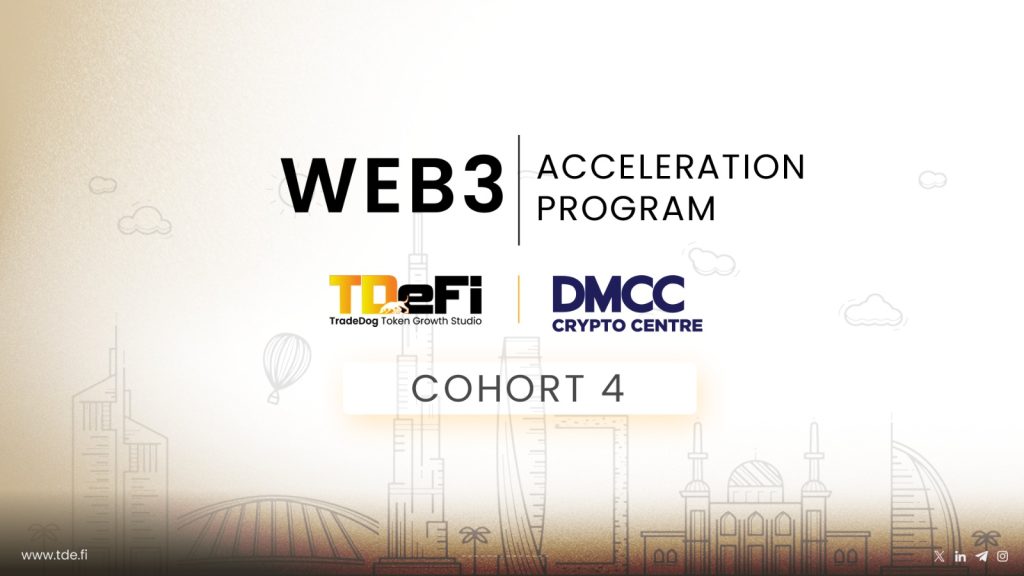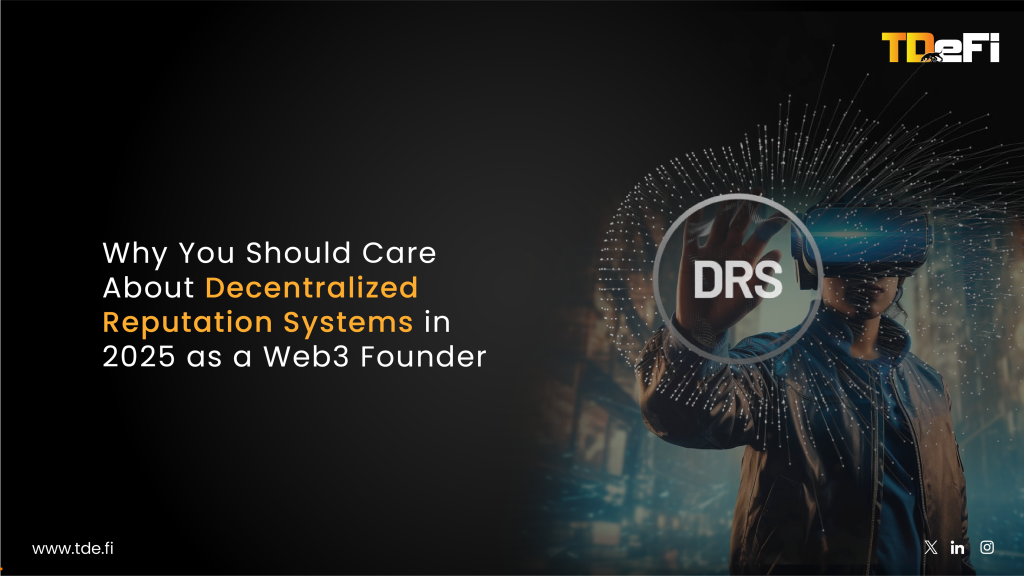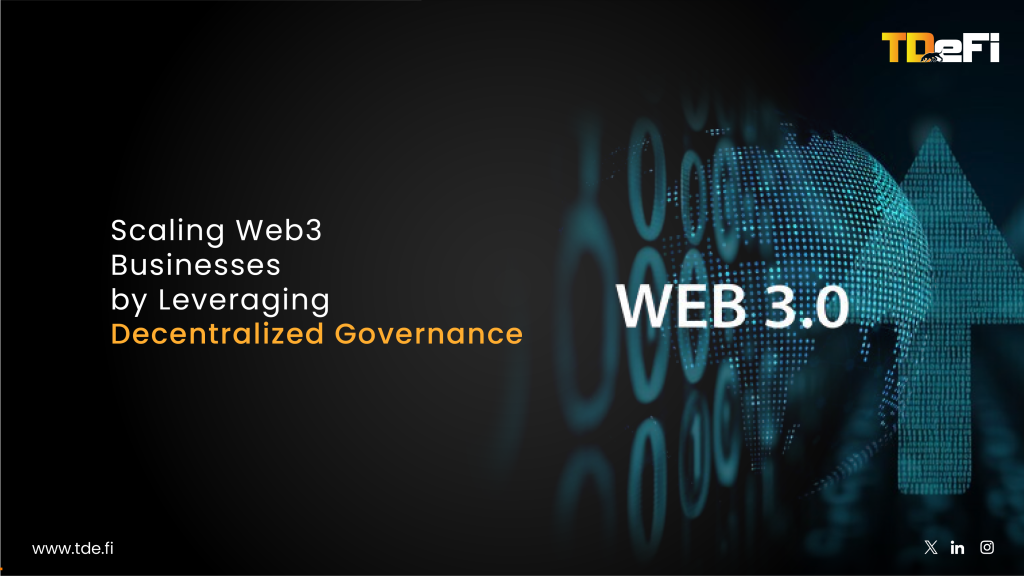TL;DR
Building a Web3 project involves understanding the complex legal considerations. This blog addresses some of the most pressing legal questions Web3 founders face, covering essential topics such as legal structures, token issuance, DAO governance, global compliance, and fundraising instruments. Packed with actionable insights and real-world examples, this blog aims to equip you with the knowledge needed to build a legally sound Web3 project. By the end of this read, you’ll have a comprehensive understanding of the legal frameworks through questions. This will help your project succeed in the decentralized ecosystem.
Intro
Web3 is an exciting space for founders, offering opportunities to innovate and improve traditional systems. Yet, this excitement comes with its challenges, where innovative ideas often intersect with complex regulatory terrains. From understanding token classifications to structuring DAO governance and ensuring global compliance, these legal complexities aren’t just obstacles, but also the stepping stones to building resilient, future-proof projects that can redefine industries and stand the test of time.
1. What’s the Best Legal Structure for My Web3 Startup?
Why It Matters: Your legal structure impacts everything—tax obligations, investor confidence, operational scalability, and even your project’s alignment with decentralization principles.
Key Options
- LLC (Limited Liability Company): Flexible and shields personal assets. Ideal for DAOs or tokenized projects operating in jurisdictions like Wyoming.
- Corporation (C-Corp or S-Corp): Preferred for equity-based fundraising and aligns with U.S. investors.
- Foundation (e.g., Swiss Foundations): Suitable for nonprofit-driven projects like open-source protocols.
Example: The Ethereum Foundation chose Switzerland for its crypto-friendly regulations, enabling it to operate as a neutral non-profit while facilitating its initial token sale without jurisdictional entanglements.
2. Do I Need a License to Issue Tokens?
Why It Matters: Token issuance can quickly cross into securities law territory depending on the jurisdiction and token type (utility vs. security).
Steps to Take
- Conduct a Howey Test: Determine if your token qualifies as a security under U.S. law (SEC Howey Test).
- Consult Local Regulations: Jurisdictions like Singapore and Switzerland offer clearer token frameworks.
Example: Telegram raised $1.7 billion through a token sale but faced SEC scrutiny, leading to project shutdown and hefty fines. This underscores the importance of adhering to securities regulations.
3. How Should I Structure My DAO Legally?
Why It Matters: DAOs are revolutionary but legally ambiguous. Without proper structuring, members could face personal liability or struggle to interact with traditional financial systems.
Key Considerations
- Legal Wrapper: Registering your DAO as an LLC in Wyoming provides liability protection while preserving decentralization.
- Governance Tools: Platforms like Aragon offer governance solutions that integrate legal compliance.
- Liability Protection: Ensure DAO members are shielded from personal liability by clearly defining roles and responsibilities within the organization.
Example: MakerDAO transitioned to a foundation model to comply with regulations while maintaining its decentralized governance structure.
4. How Do I Ensure Compliance with Global Crypto Regulations?
Why It Matters: Web3 projects often operate globally, making compliance a moving target. Penalties for non-compliance can cripple startups.
Steps to Take
- Identify Key Jurisdictions: Focus on areas with significant user bases (e.g., U.S., EU, Singapore).
- Appoint a Compliance Officer: Ensure ongoing alignment with evolving laws.
- Use Legal Tech: Tools like Chainalysis or TRM Labs help monitor transaction compliance.
Example: Binance operates under tailored regulatory frameworks in key markets like Dubai and France, allowing flexibility while mitigating legal risks.
5. What Are the Risks of Token Airdrops?
Why It Matters: Airdrops are great for marketing but can unintentionally classify tokens as securities or breach anti-money laundering laws.
Steps to Take
- Avoid promising future utility or financial gain.
- Limit eligibility to verified wallets.
- Partner with legal experts to vet your airdrop mechanism.
Example: UniSwap distributed tokens to early users without regulatory backlash due to careful structuring that avoided promises of speculative value.
6. Can I Use NFTs for Fundraising?
Why It Matters: NFTs are increasingly popular for fundraising, but improper structuring can invite regulatory scrutiny.
Key Tips
- Avoid promising financial returns to NFT buyers.
- Clearly communicate the utility of NFTs.
- Align your NFT strategy with existing IP laws.
Example: Bored Ape Yacht Club (BAYC) succeeded by offering clear IP rights and utility-driven NFTs, avoiding securities classification while building community value.
7. How Do I Avoid Tax Pitfalls in Web3?
Why It Matters: Taxation for token sales, staking rewards, and NFT transactions varies widely by jurisdiction.
Steps to Take
- Use crypto tax software like CoinTracking or TokenTax.
- Separate personal and business crypto wallets.
- Consult crypto-savvy accountants familiar with international tax laws
Example: Coinbase’s tax-reporting mechanisms have helped it stay ahead of IRS scrutiny by rigorously tracking user transactions and reporting them accurately.
Closing Thought
In Web3, paying attention to the legal arena is as important as improvising on the product from time to time. The questions we’ve addressed here will help founders future-proof their projects and gain a competitive edge in this ever-evolving ecosystem.
At our Web3 incubator, we’ve worked alongside some of the most innovative projects in the space and have seen firsthand how founders who approach these challenges strategically not only survive but succeed. Always remember: every great innovation begins with a strong legal foundation. Let’s build yours—get in touch to learn how.


